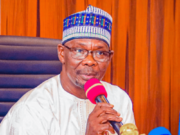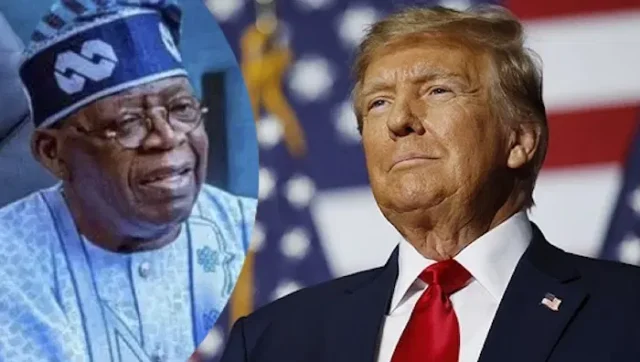On July 8, 2025, the United States made a quiet but seismic policy shift that could reshape how thousands of Nigerian entrepreneurs, tech innovators, students, and frequent travellers engage with the world’s largest economy. In a move that many saw coming, yet few were prepared for, the U.S. slashed the validity of its visitor visa for Nigerians from five years to just three months.
This policy pivot, though officially explained as part of a “global review” of visa usage patterns and security protocols, has left many Nigerians reeling. For individuals and industries that rely heavily on regular, hassle-free U.S. access, the implications are nothing short of destabilizing.
But beneath the surface of immigration policy lies a broader narrative of strained diplomacy, lopsided reciprocity, global geopolitics, and a stark reminder that Nigeria’s foreign policy strategy may need urgent recalibration.
Table of Contents
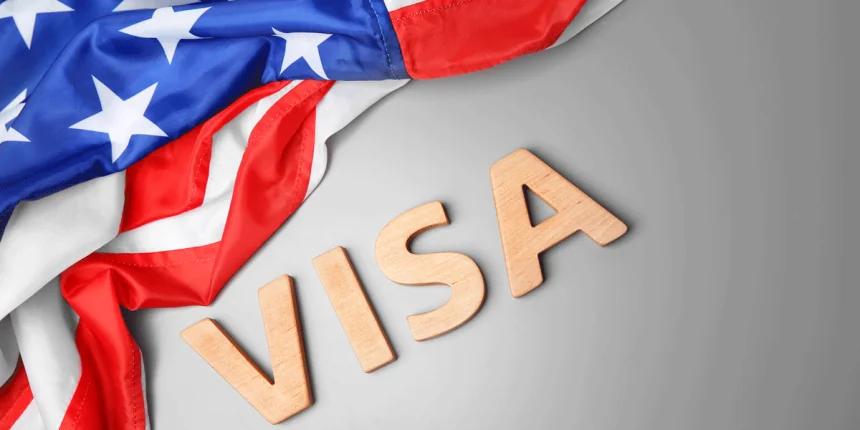
A Policy Change Dressed in Diplomatic Language
The U.S. Embassy in Nigeria initially framed the move as one of reciprocity, suggesting that since Nigeria doesn’t grant Americans long-term visas, the reverse would now apply. But following backlash, it retracted that claim, stating instead that the decision was part of a global review tied to “technical and security benchmarks.”
Ambassador Joe Keshi, Nigeria’s former top diplomat to the U.S., sees it differently. In a candid interview, he described the policy as “troubling,” particularly because of its ripple effects on Nigeria’s business class, academic community, and tech sector.
“This development is very unfortunate,” he said. “But it hurts Nigeria far more than it does the United States.”
Three-Month Visas, Three Times the Trouble
To understand the gravity of this shift, consider the current realities of applying for a U.S. visa. Waiting times for appointments can stretch into the next calendar year. Add a three-month validity period and the costs of renewing that visa—potentially four times a year—and you have a recipe for economic exclusion.
For business travelers who frequently shuttle between Lagos and Silicon Valley, or students pursuing academic programs in the U.S., the burden is both logistical and financial.
“It’s not just the time lost,” Keshi explained. “It’s the money, the effort, and the inevitable corruption that thrives in such chaotic systems.”
He’s not wrong. Nigeria’s visa application process has long struggled with allegations of bribery and middlemen. This new policy, Keshi warned, will only worsen the situation.
Tech and Education: The Silent Casualties
Beyond individual inconvenience, sectors that rely on international mobility could see the most damage. Nigeria’s budding tech ecosystem, now earning global attention, often thrives on conferences, investor meetings, incubator programs, and collaborative innovation—much of it in the U.S.
Likewise, Nigerian students—who represent one of the largest African demographics in U.S. universities—now face steeper administrative and financial hurdles.
“It’s counterproductive,” said Chioma Olatunde, a PhD candidate at MIT. “How are we supposed to focus on our studies when we have to reapply for a visa every semester?”
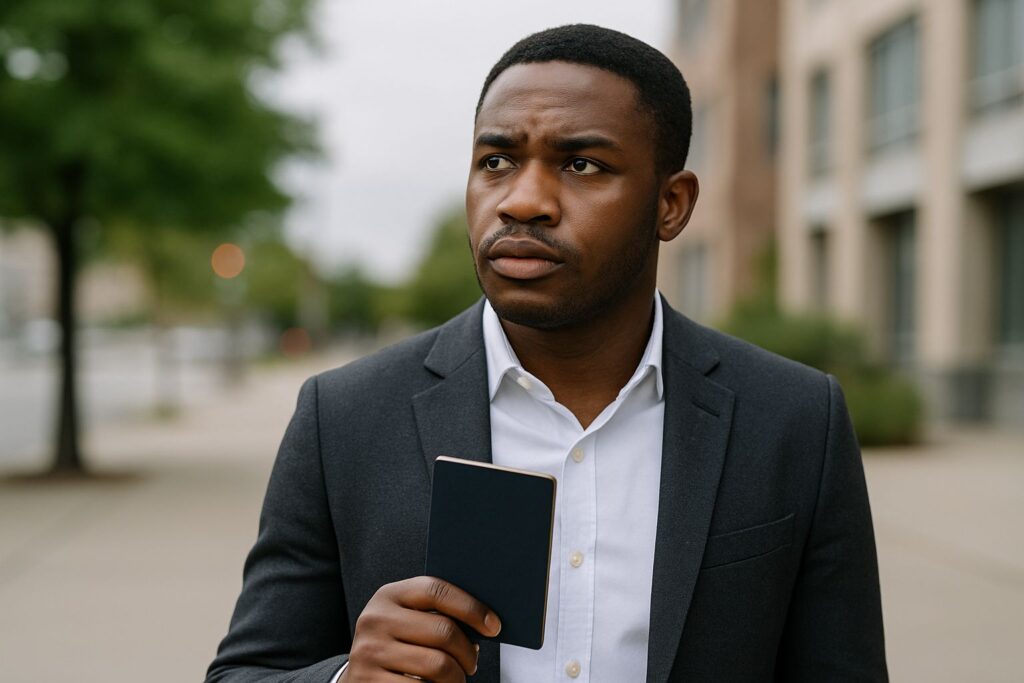
The Geopolitical Undercurrents
While the U.S. claims the decision has nothing to do with Nigeria’s foreign relations, many experts suspect otherwise. Nigeria’s growing interest in joining BRICS—a bloc led by Brazil, Russia, India, China, and South Africa—hasn’t gone unnoticed in Washington. Neither has Nigeria’s hesitance to accept deported Venezuelans from the U.S., a point raised by Foreign Minister Yusuf Tuggar.
The minister publicly questioned the fairness of expecting Nigeria to take in Venezuelan deportees, noting, “We already have enough problems of our own.”
Keshi sees this as part of a broader diplomatic disconnect.
“We keep pretending we have a strategic relationship with the U.S.,” he said. “But that’s not true. Countries like Egypt and Israel are strategic to the U.S. Nigeria, frankly, is not.”
Rebuilding the US-Nigeria Relationship: A Diplomatic Imperative
Rather than sulking, Keshi advocates for a proactive, realistic approach: “We need to build a far more cordial relationship with the United States,” he urged.
That means better implementation of bilateral agreements (like the five-year visa deal that Nigeria reportedly failed to enforce promptly), clear communication on immigration expectations, and revisiting the visa treatment Nigerians receive across Western embassies.
The truth, he points out, is that Nigeria is bleeding money through expensive visa application fees, both legally and illegally. Multiply the average fee by the number of applicants annually, and the capital flight becomes eye-watering.
“International investment cannot be one-sided,” Keshi said. “We must ask ourselves: what are we offering in return?”
The BRICS Factor and the Dollar Question
One can’t ignore the timing of the policy shift, which came shortly after Nigeria began signalling interest in BRICS. U.S. President Donald Trump (during his second term) has warned countries against conducting trade outside the U.S. dollar.
Could this be Washington’s subtle warning?
“Possibly,” said one policy analyst who requested anonymity. “The U.S. is watching who aligns where in this new world order.”
Security: A Convenient Smokescreen?
While the U.S. alludes to security benchmarks, Keshi dismisses this as implausible. “How many Americans are even coming to Nigeria?” he asked. “Compared to Indians, it’s negligible.”
The former ambassador’s point: Security may be the official excuse, but economic and political considerations are the real drivers.
What Should Nigeria Do Now?
Keshi suggests that Nigeria respond diplomatically but decisively. Review all bilateral visa arrangements. Renegotiate where possible. And, crucially, improve domestic implementation to show commitment.
“We must stop deceiving ourselves and start acting like a country with real diplomatic strategy,” he said.
That includes auditing the visa practices of countries like the UK, which charges Nigerian applicants some of the world’s highest visa fees.
“Do the math,” Keshi added. “If 20,000 Nigerians apply each year, how much are these countries earning from us?”
Time for a Strategic Pivot
For Nigeria to reclaim its leverage, it must boost domestic production and reduce dependence on oil. Real strategic partnerships are built on trade, investment, and technological exchange—not charity.
That’s what powers China’s rise and India’s growing global clout.
“Until we produce more, export more, and consume less of what we don’t make, we’ll keep suffering these diplomatic slaps,” Keshi warned.
A Fork in the Road
This moment presents Nigeria with a difficult but necessary decision. Does it double down on trying to be a reliable U.S. partner or strategically pivot toward other economic alliances?
Already, countries like India, Japan, and South Korea have hundreds of firms operating in Nigeria. U.S. presence, by contrast, is shrinking.
The key, Keshi argues, lies in Nigeria knowing what it wants.
“Who are your real friends in international relations?” he asked. “If you build four blocks, who fills the first? The second? The third?”
Without clarity and consistency, he said, “we will continue to be taken for granted.”
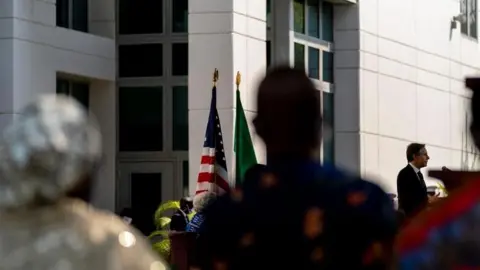
Conclusion: From Setback to Strategy
The U.S. visa policy change may be a painful blow, but it could also be a wake-up call. For too long, Nigeria has coasted on nostalgia and inertia in its diplomatic affairs. This is the moment to reset—to look inward, identify priorities, and rebuild foreign partnerships based on mutual benefit and clear national interest.
If handled correctly, what began as a visa crisis could become the catalyst for Nigeria’s long-overdue diplomatic recalibration.
Join our WhatsApp community
Join Our Social Media Channels:
WhatsApp: NaijaEyes
Facebook: NaijaEyes
Twitter: NaijaEyes
Instagram: NaijaEyes
TikTok: NaijaEyes





